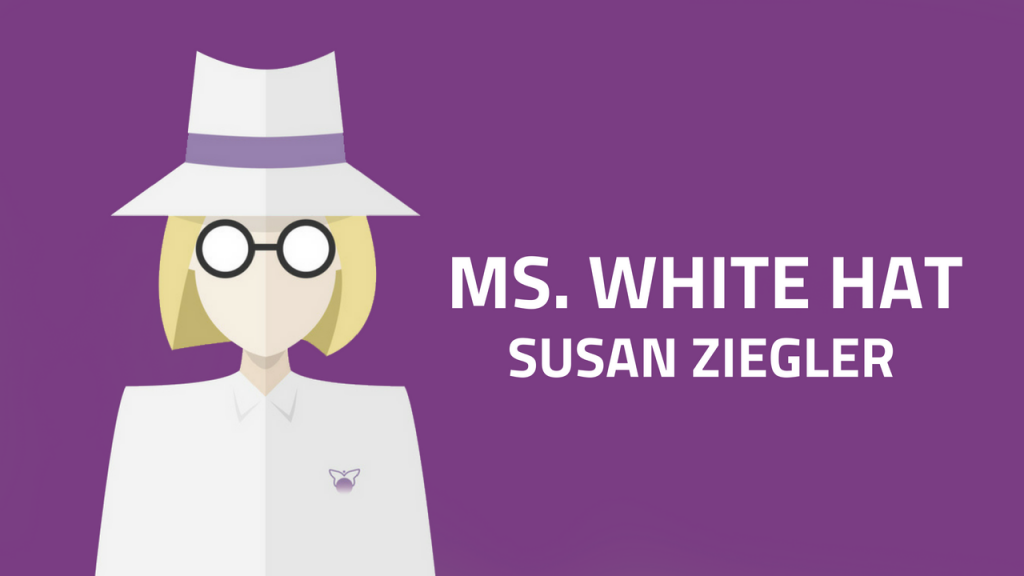Links are always a hot topic of conversation in the marketing world. Links are used by many marketing agencies as a scare tactic to get you to sign on with them. They will base most of their SEO on expanding your number of external links and do very little other work on your website. The truth about links is that no one really knows what the magic number is for links. So, if an agency offers to get you thousands upon thousands of links, there is no real truth that it will help your business. But we do know that links are about quality, not quantity. You could have 50,000 spammy and irrelevant links and your website still won’t rank well, but if you have 20 solid, relevant links, you can rank very high.

Smarter Link Building for a Smarter Google
Many link building sales tactics are based on old information about Google’s algorithms. As leaps and bounds are made in AI technology, the way Google understands backlink profiles continues to grow. The SEO industry should grow in the same way, but many firms are stuck in the past or rely on old tactics to bring in new clients. As a result, firms are investing valuable marketing budget in strategies that are not providing a return on investment.
Despite a digital landscape that is growing faster than ever, there are some things about links that haven’t changed: For one thing, they have always been part of the model that set Google apart from its competitors in the early days of the Internet. Google has always had an interest in links, and always will. This means there are still valuable ways to incorporate links into your SEO strategy.
Another thing we know is that links are not the end-all of ranking: content, like links, plays a significant role in Google’s algorithm. A site with good content (or other strong SEO signals) may not be as dependent on links as a site that struggles in other areas. This means that there is never one path to ranking. Much depends on your own site and its strengths relative to local competitors.
For the things that have changed in link building, Google has taken some stances that fly in the face of marketing strategies you might have heard in 2020:
- Guest blogs are not good for SEO
- Wikipedia links have no value for SEO
- Links acquired naturally (not through link building) are typically good for SEO.
- You don’t need to focus on the distribution of follow and nofollow links.
While you should take everything you hear with a grain of salt, we see this aligning neatly with Google’s general shift to a focus on naturalized optimization. In other words, do what makes sense for your business and your client base, and you are well on your way to getting the links you need.
Simple Link Building Strategies to Get You Started
Links are only one part of the SEO puzzle, but there are some links you can get right now that will help with your rankings and improve your Google My Business profile. One of the most valuable links you can get is with your local Chamber of Commerce. I know, it seems so simple, but these websites have very strong local signals. A link from them can be the difference between ranking 4th and ranking in the top 3 local-pack for GMB.

Other great links are free attorney directories and some paid directories. Make sure your profiles are updated and current on AVVO, Justia, Lawyers.com, and LinkedIn. Even though literally every product that FindLaw has is ineffective and over-priced, they have inexpensive local directory links that will help with your local rankings. If you are interested in a full list of free directories, send an email to [email protected], and I will send the list to you.
More difficult links to get, but very much worth the effort, are HARO (Help A Reporter Out) links. These are also great for strong local links and links from well-trusted sources.
There are also other strategies for link building, including local sponsorships, scholarships (although these are becoming less effective), and articles, to name a few, that can improve your rankings over time.
Links are an ever-moving target that should be on your monthly “To Do” list. Just make sure you are getting them from the right sources. Good links are worth the time and effort. Don’t waste your time or money on bad or spammy links; these will hurt you more than they will help.
Nothing about building a solid link portfolio is cheap or easy. There are many pitfalls to avoid. Your best options are to avoid any site that doesn’t have relevant content or is not in your field. If you aren’t sure about a link opportunity, always ask your SEO provider. And if you don’t already have someone handling your SEO, give me a call at (323) 992-0728. The SLS Team has extensive experience building linking strategies for our clients, from planning out high-traffic scholarship campaigns to updating Google My Business profiles with relevant information. We can work with you to review the best linking opportunities in your local community or state and prepare an in-depth legal marketing strategy that helps you build your caseload.
Categories:
- Ask SLS
- Bail Bonds
- Community
- Google My Business
- Google Updates
- Holidays and Other Fun Stuff
- Law Firm Management
- Legal Online Marketing
- Local Search
- Marketing Tips
- Ms. White Hat’s SEO Corner
- Online Brand Development
- Online Content Development
- Online Review Sites
- Search Engine Optimization
- SLS News
- Social Media Marketing
- Video Marketing
- Website Design